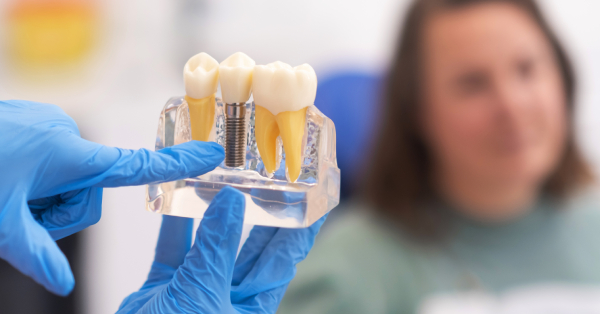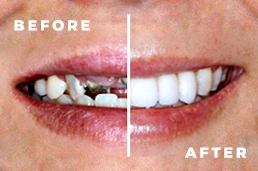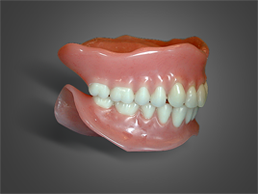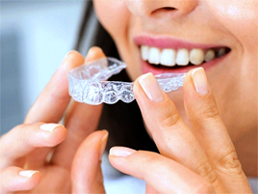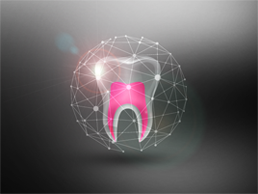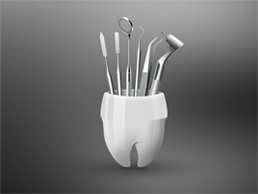How to Avoid Common Dental Implant Problems in Garland
Dental implants are one of the most dependable and long-lasting solutions for replacing missing teeth. While they boast a high success rate, complications can still occur, especially if proper care isn't maintained. At our Garland dental office, we guide patients through every step to ensure their dental implants remain secure, functional, and healthy for years.
In a previous blog, we shared a step-by-step breakdown of the dental implant process to help you understand each stage. In this blog, we’re focusing on common implant-related problems and what you can do to avoid them with the right habits and professional guidance.
What Are the Most Common Dental Implant Problems?
Being aware of potential risks is the first step in preventing them. Some of the most frequently reported dental implant complications include:
- Peri-implantitis (infection around the implant)
- Implant loosening or failure
- Gum recession
- Nerve damage
- Sinus issues (for upper jaw implants)
7 Key Ways to Prevent Dental Implant Problems in Garland
1. Choose a Skilled Implant Dentist
The outcome of your dental implant largely depends on the experience and precision of your provider. Choose a qualified professional offering dental implants who uses advanced imaging, custom treatment plans, and modern surgical techniques. Expert placement and care minimize your risk of future complications.
2. Prioritize Excellent Oral Hygiene
Even though implants are artificial, they rely on healthy surrounding tissues for long-term stability. Brush your teeth twice a day with a soft-bristled brush, floss regularly or use a water flosser, and rinse with an antibacterial mouthwash as recommended. Poor hygiene can lead to peri-implantitis, which is a major cause of implant failure. Consistent care helps your dental implants stay clean, secure, and successful.
3. Stay Away from Hard or Sticky Foods
Foods that are sticky, crunchy, or hard just after surgery can cause undue stress on your newly placed implants and impede their healing. Stick to soft, nutrient-rich foods like yogurt, smoothies, and mashed vegetables. Your dentist near you in Garland will provide dietary recommendations tailored to your recovery timeline.
4. Avoid Smoking and Tobacco
Smoking significantly increases the risk of implant failure. Nicotine restricts blood flow, which is essential for healing and proper osseointegration (the fusion of the implant to bone). Quitting smoking before and after your implant procedure improves your chances of long-term success.
5. Wear a Night Guard for Teeth Grinding
Teeth grinding (bruxism) puts excessive pressure on implants, which can lead to loosening or failure. Many people grind their teeth unknowingly at night. If you're receiving dental implant treatment, ask your dentist about a custom night guard. It helps cushion your teeth and protect your implant investment while you sleep.
6. Visit Your Dentist Regularly
Routine dental visits are vital to ensure your implants and surrounding tissues remain in good health. These check-ups allow your dentist to catch early signs of gum inflammation, bone loss, or infection, often before symptoms appear. Regular cleanings also help remove plaque and bacteria that home care may miss.
7. Follow All Post-Op Instructions
Proper healing after implant surgery requires following your dentist’s post-operative guidelines carefully. You may be advised to use cold compresses, take prescribed medications, avoid vigorous activity, and keep the area clean. These steps can help you avoid the need for emergency dentistry in Garland due to infection or implant complications.
Final Thoughts
Avoiding dental implant problems comes down to proper care, regular check-ups, and choosing a skilled dental team. If you're considering dental implants in Garland, give us a call at 972-495-5000 to schedule a consultation with Dr. Hooman Lohrasbi. We're here to help you achieve a confident, healthy smile that lasts a lifetime.
